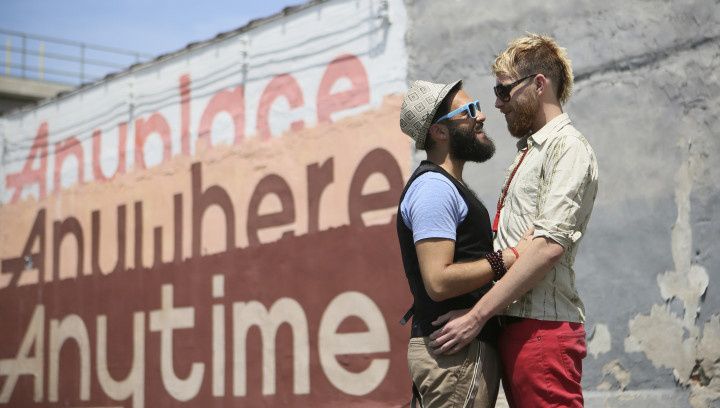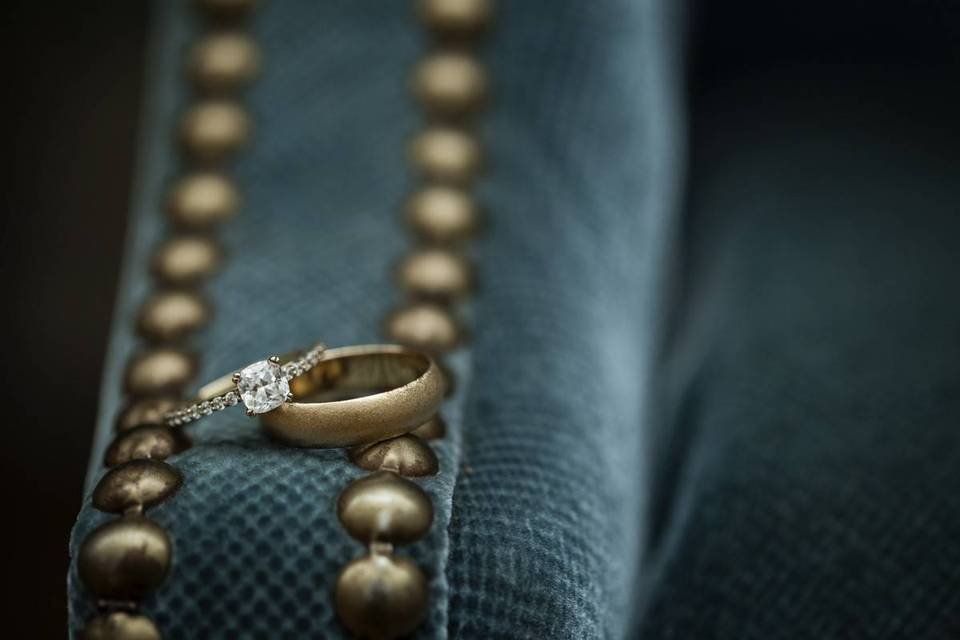Premarital Counseling Is a Must—Even If You're Not Religious
There are some major benefits of premarital counseling for couples of all stripes — including saving a bit of cash!

Building healthy relationships that stand the test of time is no easy feat. According to relationship experts, premarital counseling is one of the many ways couples can use their engagement period to improve their relationship and work toward a happy marriage. While many religious denominations have long required (or strongly encouraged) parishioners to complete premarital counseling as a stipulation to being married in the faith, the tradition has gone secular.
Here’s why you should think about premarital counseling, even if you’re not religious.
You’ll Reduce the Likelihood of Surprises Down the Road
Many of us were introduced to the concept of premarital counseling by houses of worship as a way to ensure the new marriage was pleasing to (insert your deity here). Now that this type of marriage training is offered by lots of counselors who aren’t affiliated with a particular religion, the content has had a bit of a makeover. Expect to talk about what marriage actually means to you, plus sex, kids, money — all the biggies. Having an unbiased third-party in the room as you talk about what you both want out of the commitment can help to avoid some unpleasant surprises in the future.
You Could Save a Few Bucks
Heeding evidence that some couples are less likely to divorce if they receive premarital counseling, some states will give you a discount on your marriage license fees. In recent years, Utah, West Virginia and Texas have all made news about their efforts to champion premarital education with special programs that offer up to $60 off state license fees. Texas also waives their mandatory three-day waiting period for couples who prove they’ve had at least eight hours of education. Other states offer similar programs, so check with your state’s department of health and human services before you apply for a marriage license.

You’ll Learn Skills That May Prevent The Big D
No one wants to think about divorce before they’re even married. Research over the years points to happier marriages for couples who do some form of premarital education, though, and perhaps a longer one. No two premarital counselors are the same, but couples usually explore how to communicate more effectively and create a roadmap for their lives together (like, do we want kids? If so, how many?). Putting this type of focus and intention on your post-honeymoon years might be key to staying together, according to experts.
You Can Duke It Out in A Safe Space
Premarital counseling is a way to get everything out in the open before you exchange vows, so if you’ve been avoiding a painful conversation with your love, it may be the perfect opportunity to bring it up. Getting yourselves on neutral territory and with the help of a rational referee, whatever big issues you’ve been avoiding discussing likely won’t seem quite so scary. Plus, your counselor will be able to help you create healthy habits for future disagreements you will inevitably have, even in a long, happy marriage.
You’ll Get Your Communication Styles on the Same Page
Even the best relationships falter when one or both partners can’t communicate what they need. If you’re less of a talker, or find your voice drowned out by your partner’s (or, vice versa), premarital counseling might be a way to discover some helpful workarounds. While you both won’t ever communicate in exactly the same way, you can use these valuable education hours to recognize your differences and learn how you can adapt to be sure both of you feel heard in the relationship.





